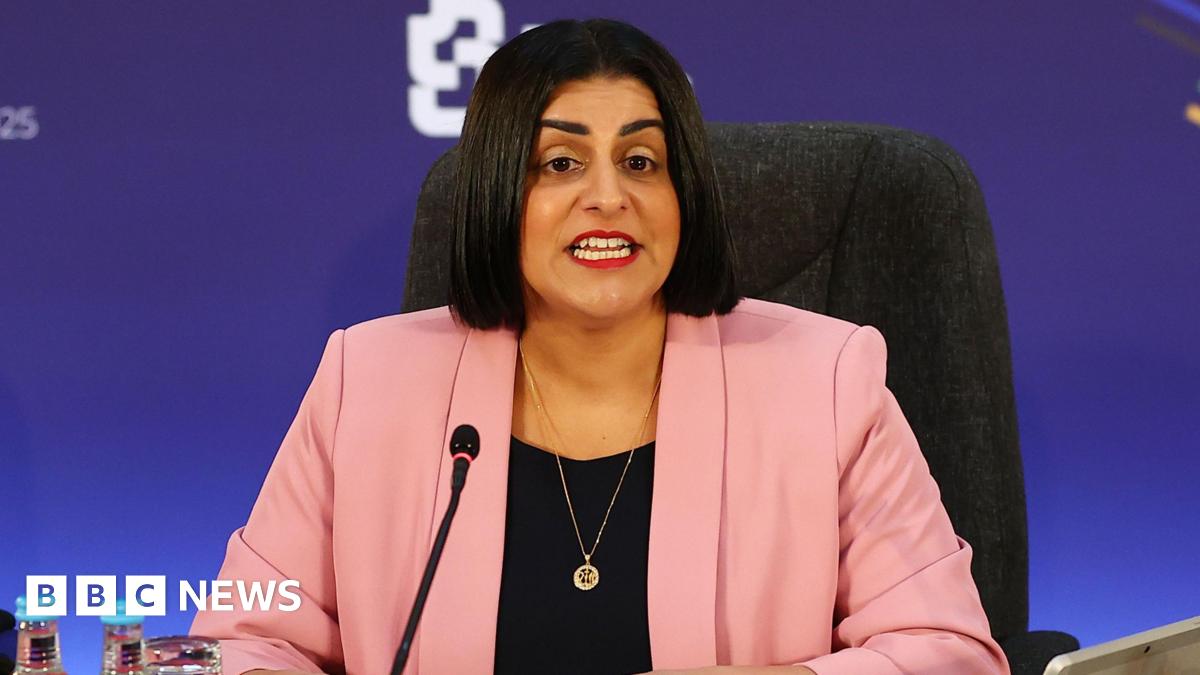Timothy was given access to the department and officials to carry out a two-month review of its effectiveness.
He found “too much time is wasted” on identity politics and social issues at the Home Office, including “listening circles” in working hours in which civil servants meet to discuss their feelings about social and political issues.
He warned that the department’s performance was “uneven” with fragmented structures and no single official responsible for the immigration system as a whole.
Among the most serious criticisms was the handling of asylum and immigration. The report described the system as “lethargic”, with a backlog of 166,000 asylum cases and interviews often delayed for up to two years.
Timothy found many civil servants refuse to work in immigration because they were either “ethically” opposed to controlling borders or fear the blame when things go wrong.
It said the asylum process took an overly “defensive approach”, with “assessments of likely legal challenge, and even the possibility of defeat” used “as a reason not to do something”.
He also highlighted chronic problems with data and technology, warning that the department relied on outdated systems that made it “impossible to answer straightforward questions quickly”.
Timothy dismissed calls to split up the department, calling it a “distraction from the delivery of core business”.
Instead he called for urgent investment in modern, interoperable systems to improve decision-making.

